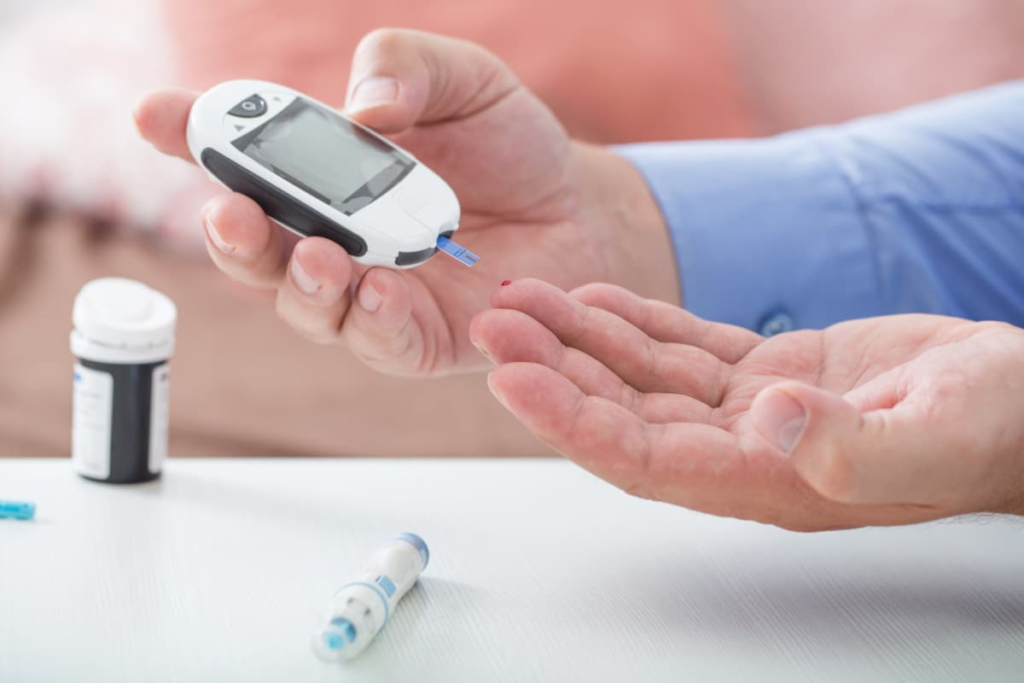By Michael Irving
October 23, 2023

A diabetes-delaying drug has shown promise in a new clinical trialDepositphotos
A phase 3 clinical trial has shown that a drug called teplizumab can slow down progression of type 1 diabetes in children and teenagers with a recent diagnosis. The trial’s success could help expand the options for patients and relieve some burdens of the disease.
Type 1 diabetes often rears its head at a young age, as a patient’s immune system attacks beta cells in the pancreas and they lose the ability to produce insulin. Symptoms begin at stage 3 of the disease, but it can be diagnosed earlier with the detection of related autoantibodies and abnormal blood sugar levels. Unfortunately, little can be done with that extra time besides preparing for the lifestyle.
“There has been nothing available to stop the progression of type 1 diabetes after the diagnosis,” said Kevan Herold, lead author of the study. “We know that kids with new-onset diabetes lose the ability to make insulin over a period of years. Teplizumab seems to slow that down.”
Following an FDA approval last year, the phase 3 trial was known as the PROTECT study, and it was designed to investigate whether teplizumab could preserve the function of beta cells for longer, allowing patients to continue making insulin and in effect slow the progression to stage 3 type 1 diabetes. The trial enrolled 328 patients who had received a diabetes diagnosis within the previous six weeks, and treated 217 of them with the drug and 111 of them with a placebo.
The patients were given a daily intravenous dose of either teplizumab or placebo for 12 days, then a second 12-day course six months later. After 18 months, the patients’ beta cell function was assessed. And sure enough, 94.9% of those treated with the drug maintained clinically meaningful levels of a particular biomarker of beta cell function, compared to 79.2% of those in the placebo group.
The trial results also suggested that patients receiving teplizumab showed other benefits. They could reduce their insulin use, had a lowered risk of severe hypoglycemia events, spent more time in their target glucose range, were more likely to reach the clinical threshold for remission, and score higher on a quality-of-life questionnaire.
While the study shows that teplizumab can work to slow the progression of diabetes, the team says that the drug could work best in conjunction with other therapies. An experimental treatment involves transplanting new beta cells to replace those damaged by the immune system, but these themselves are also at risk of being destroyed. Teplizumab might help prevent this. Or, it could be paired with other drugs that work in a similar way.
“I could envision starting patients out with teplizumab when they’re first diagnosed, and then perhaps intermittently give them another immune suppressant that maintains the effect,” said Herold. “That’s another area we’re quite interested in pursuing.”
The research was published in the New England Journal of Medicine.
Source: Yale University

Leave a Reply